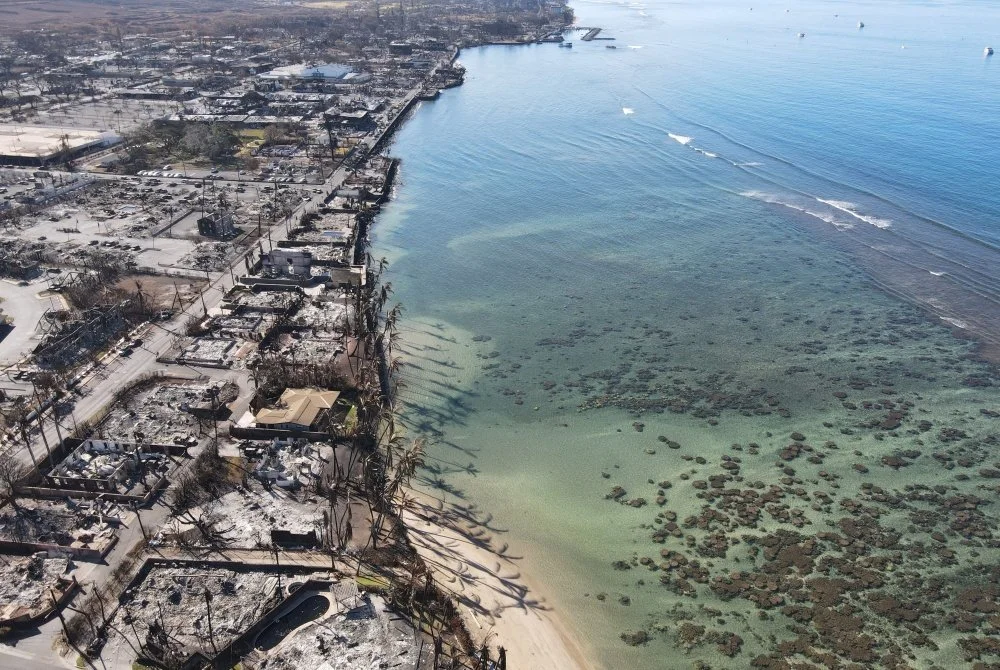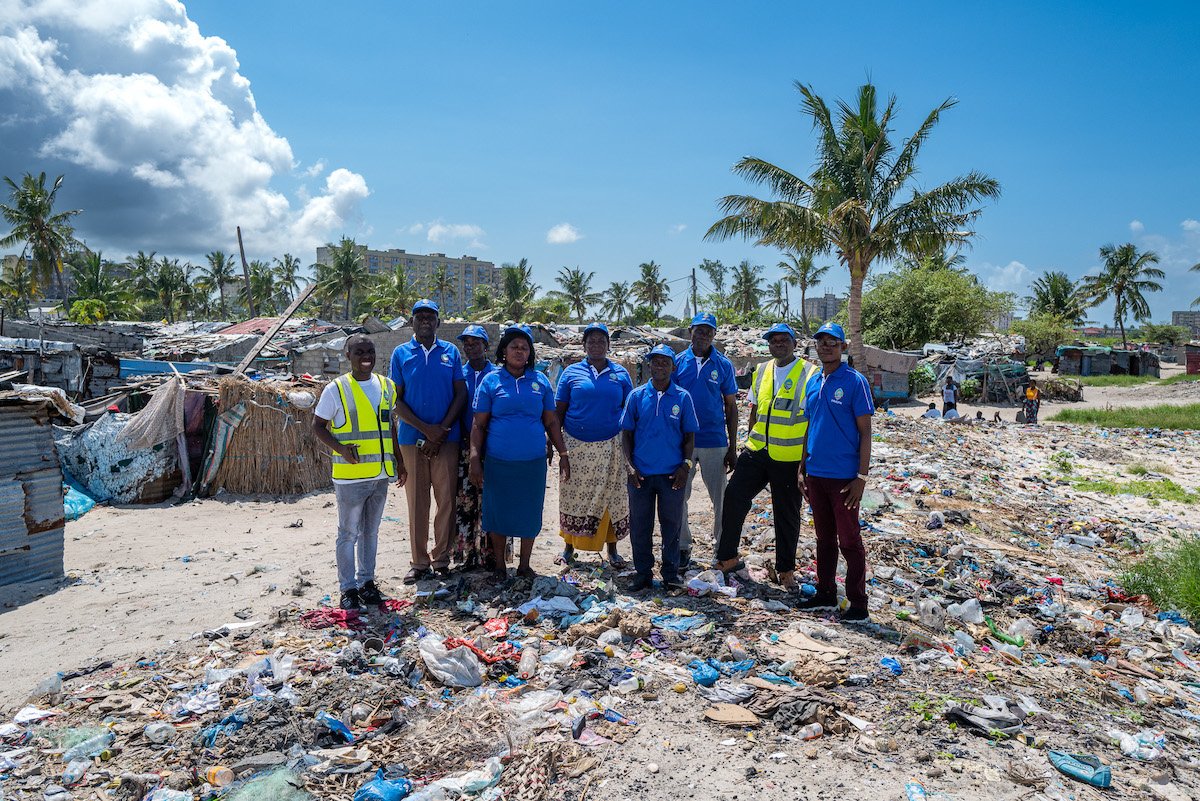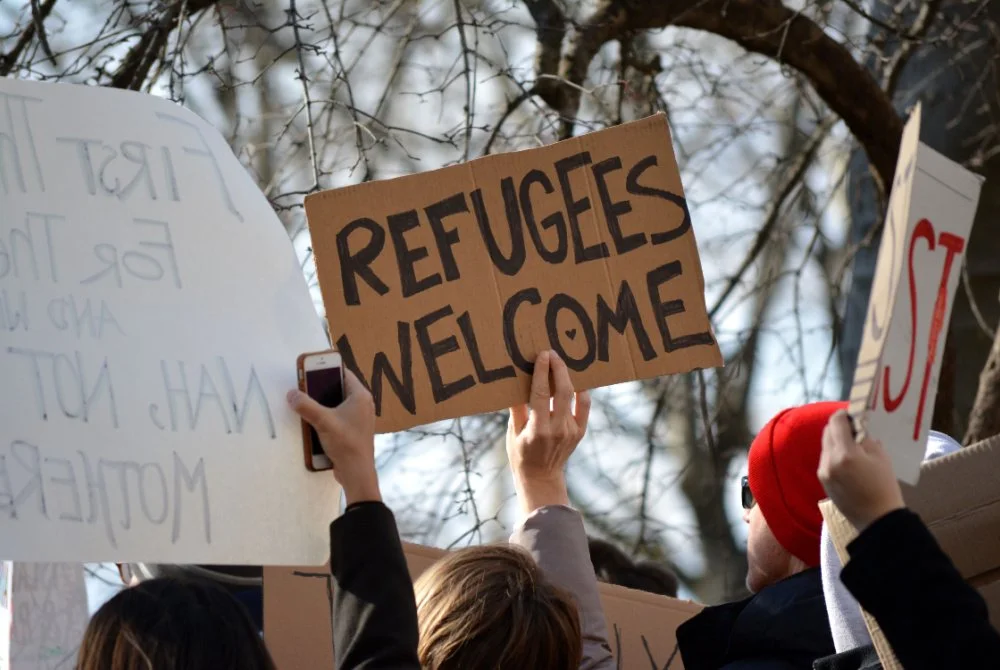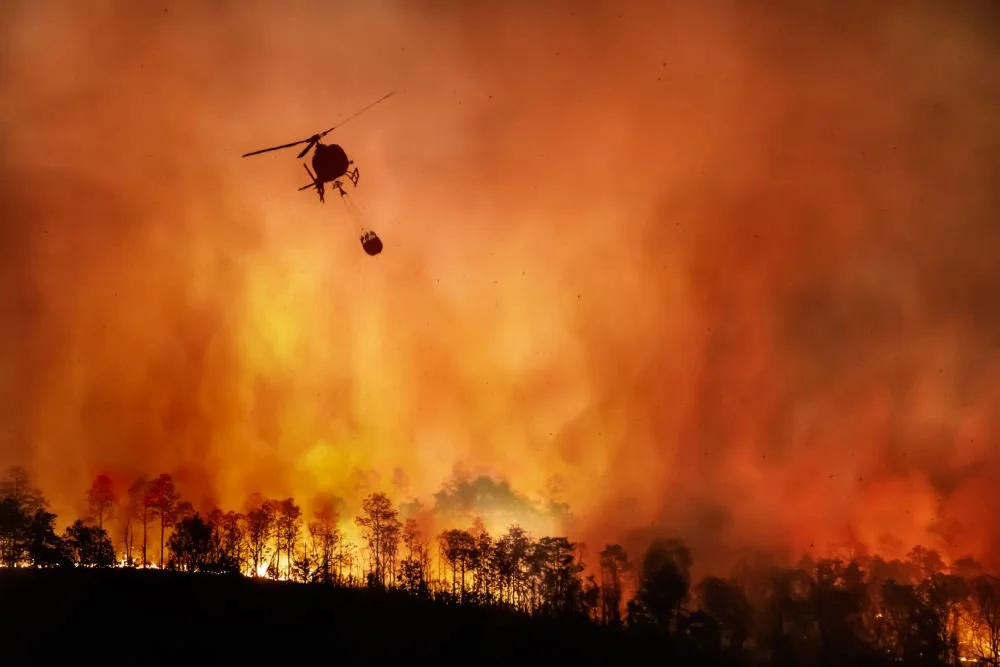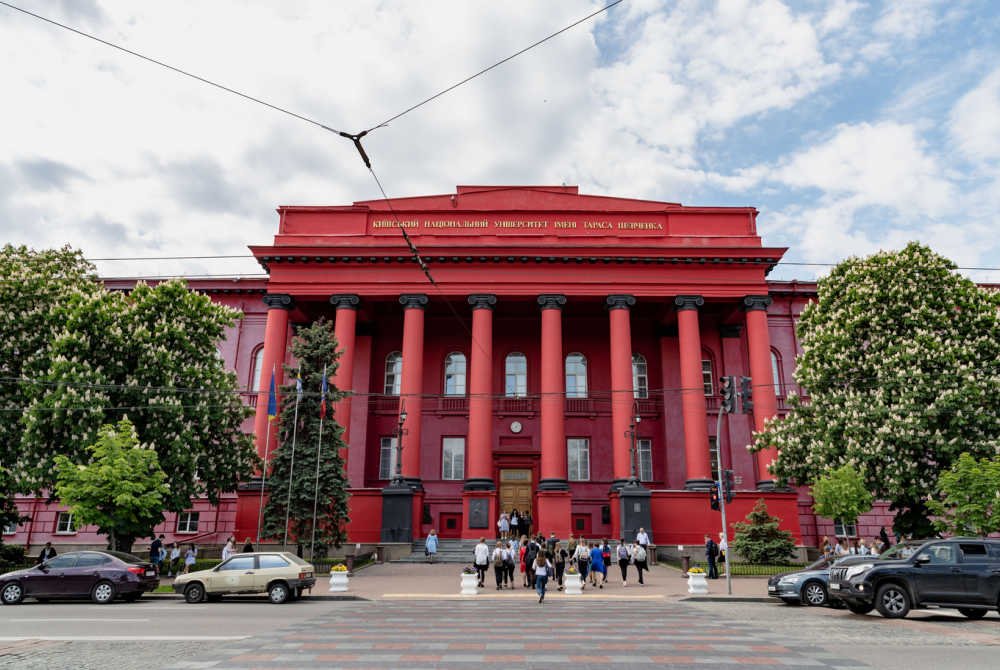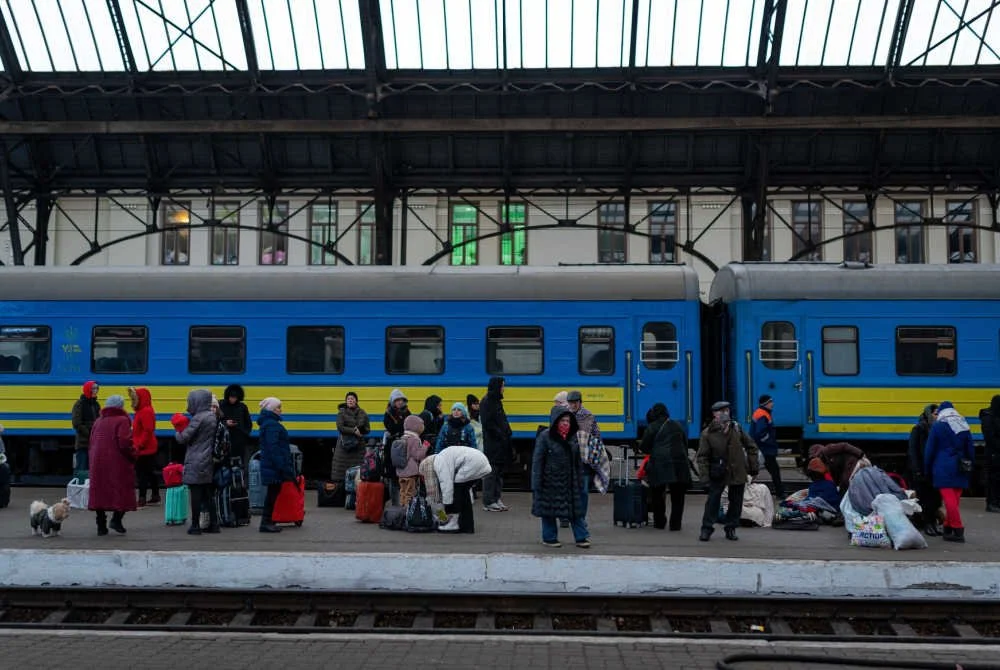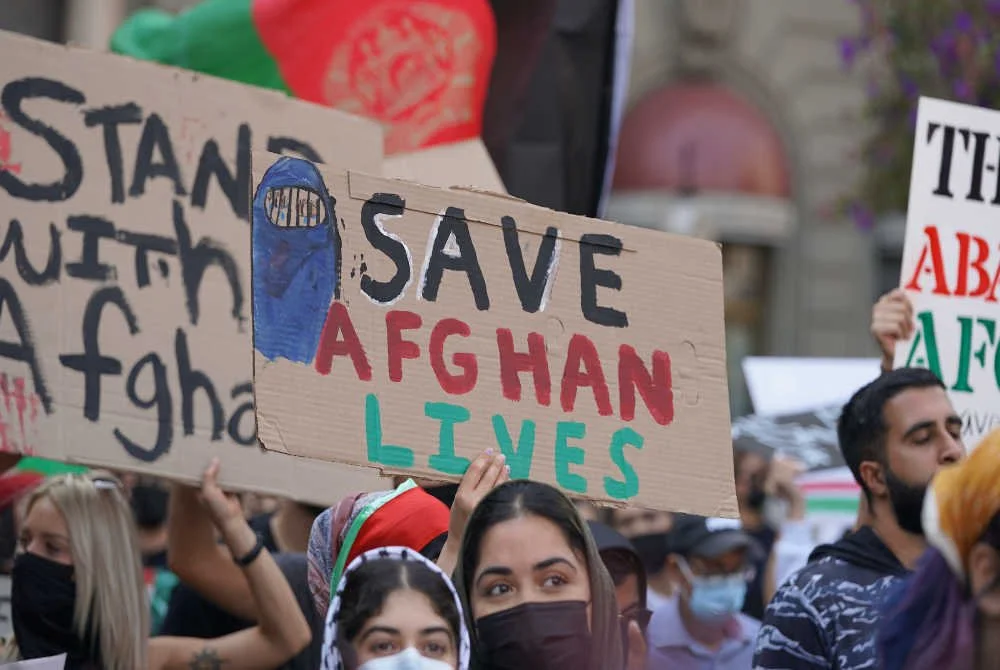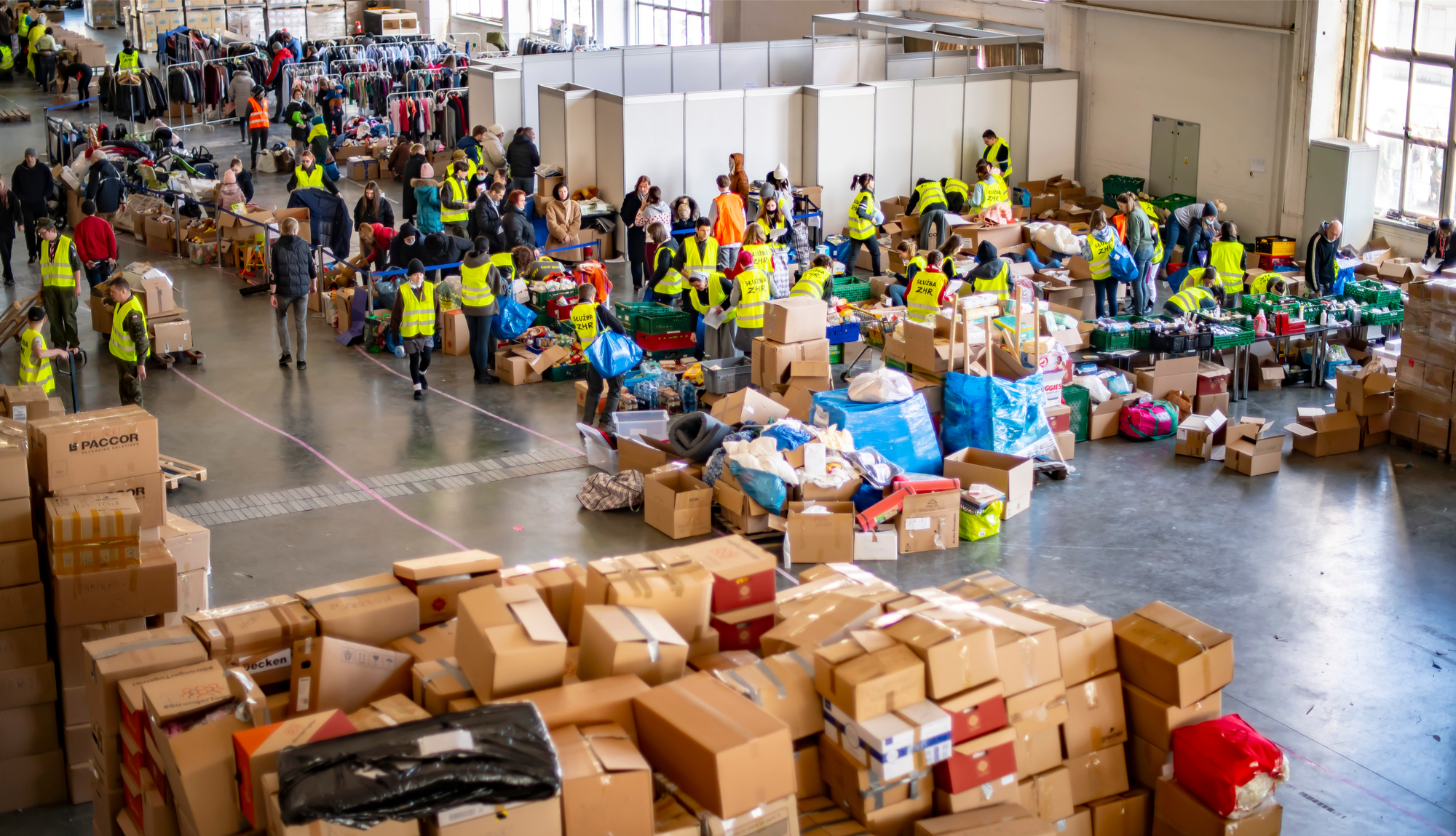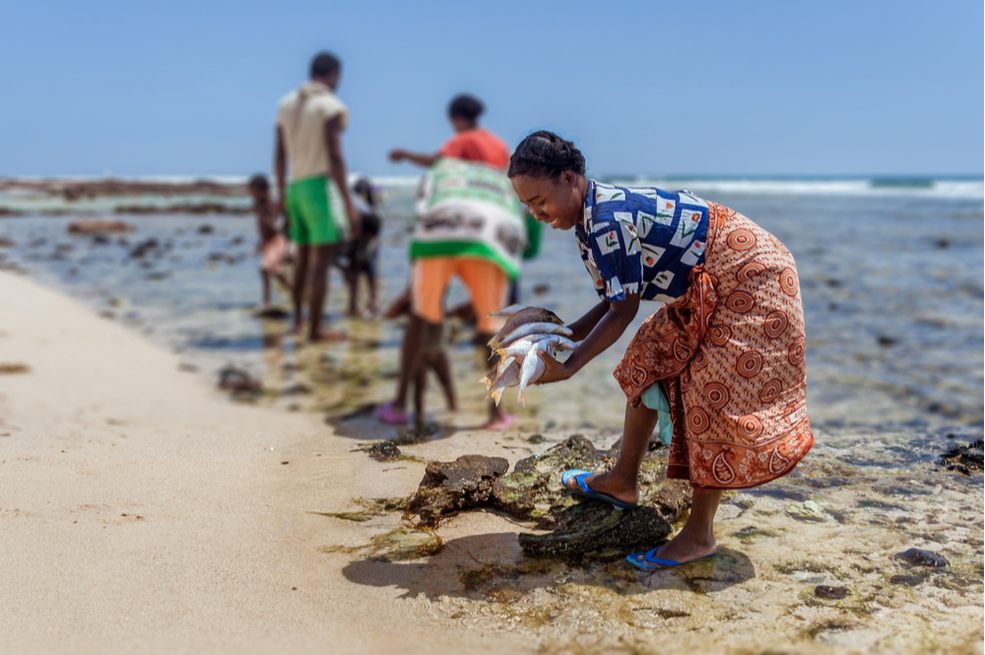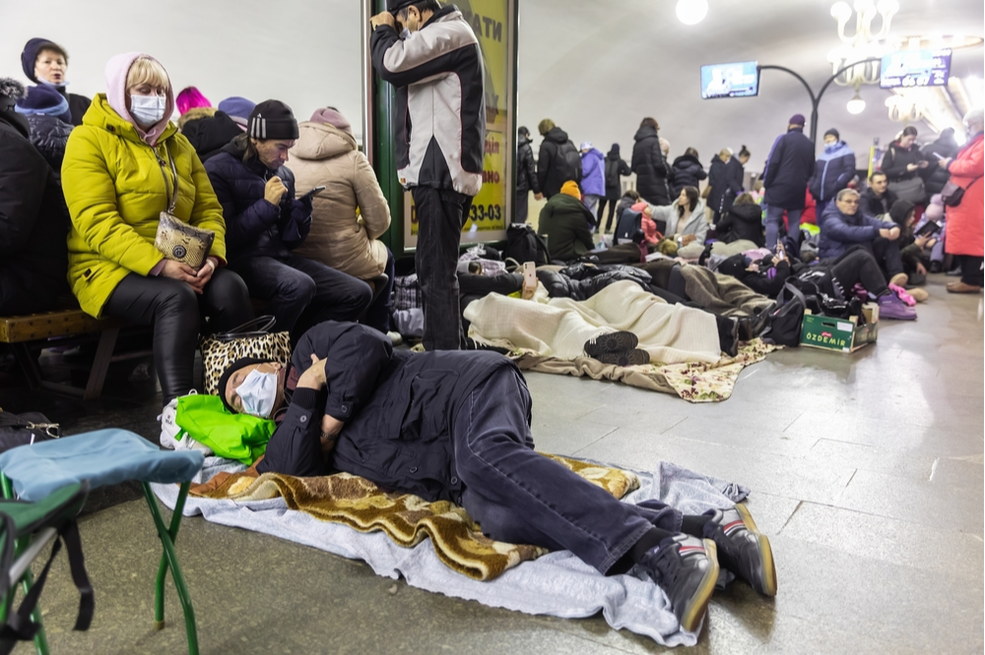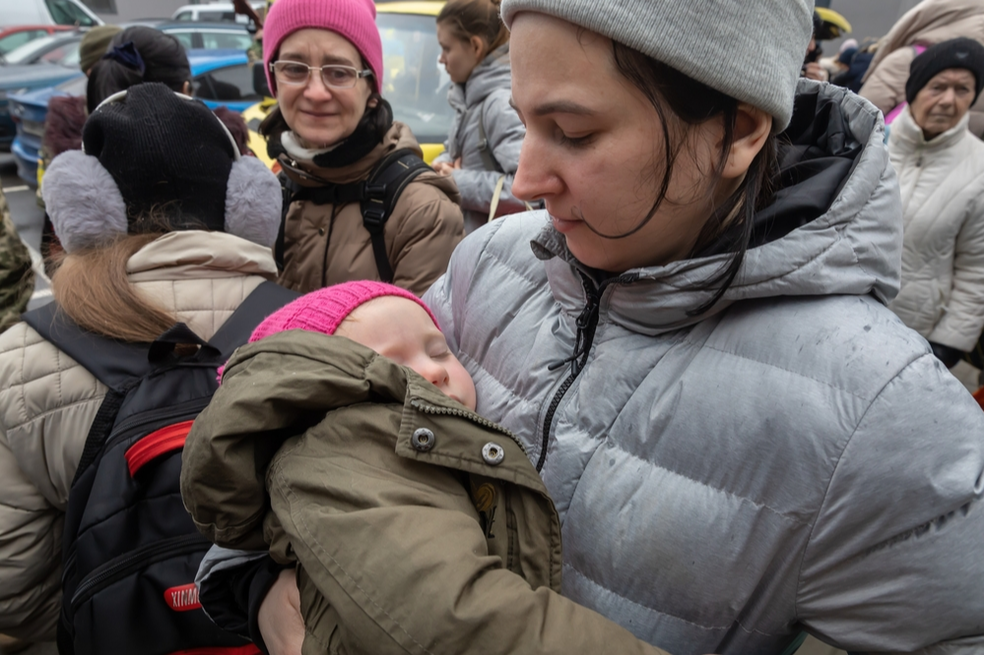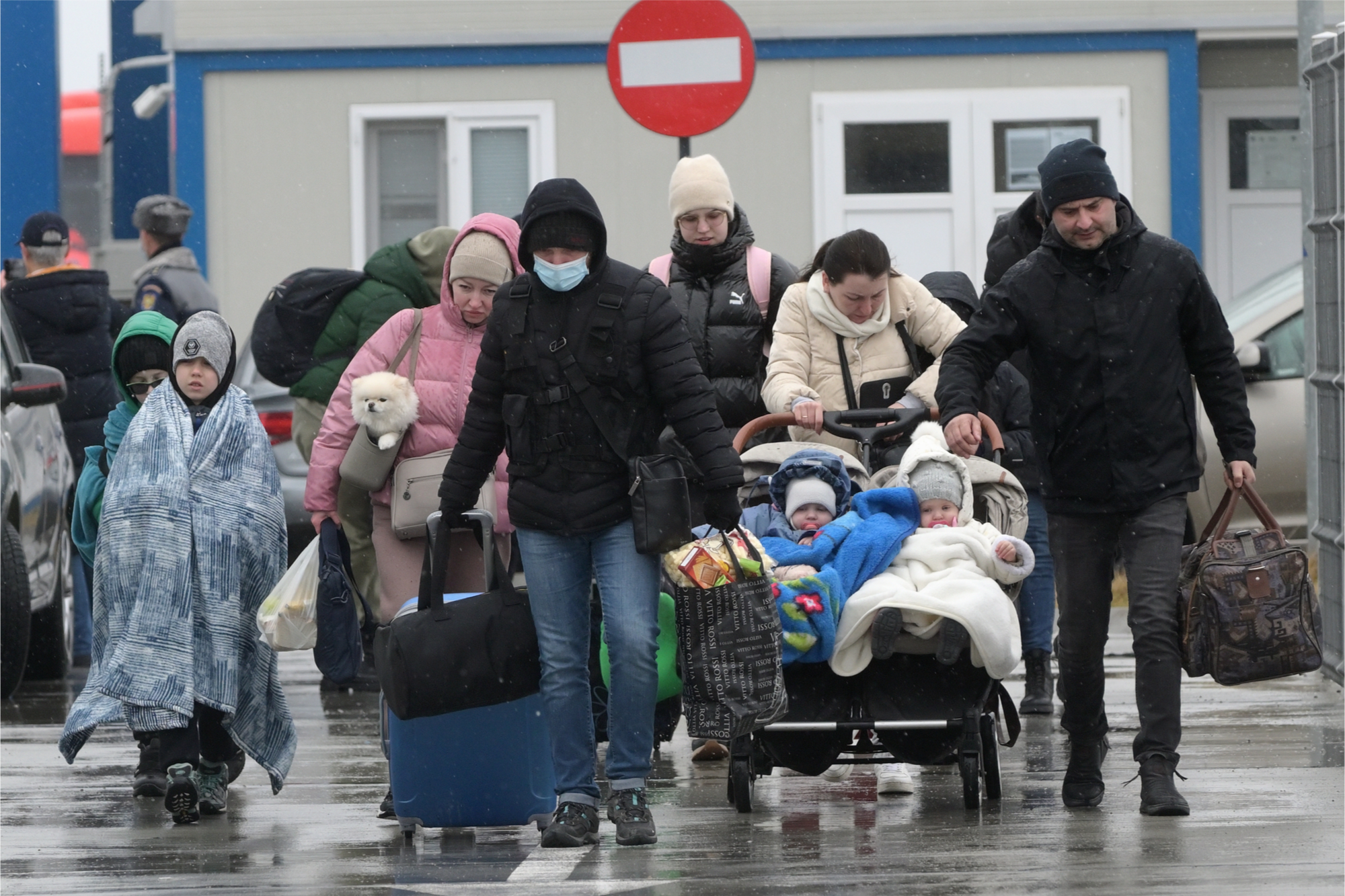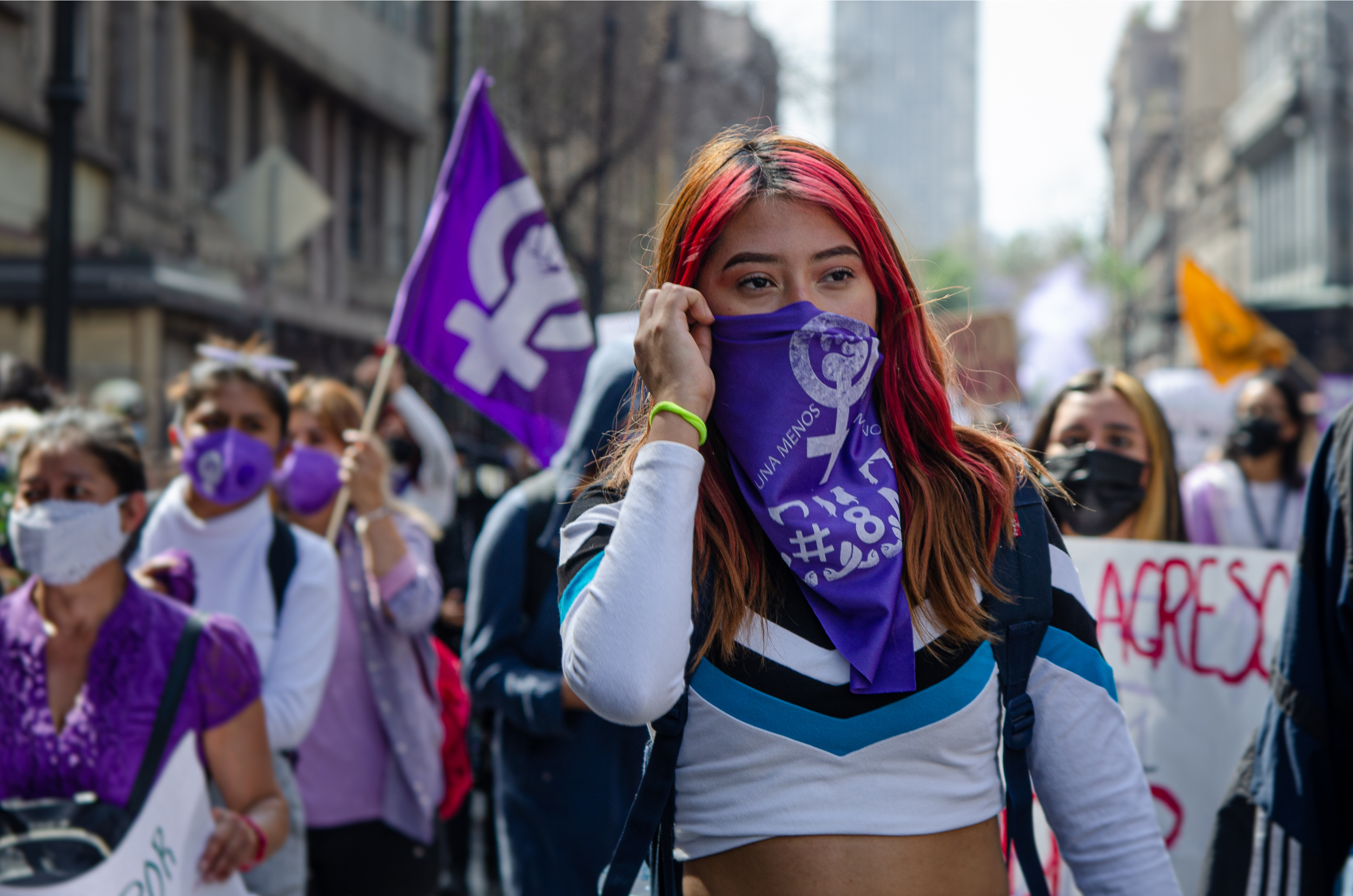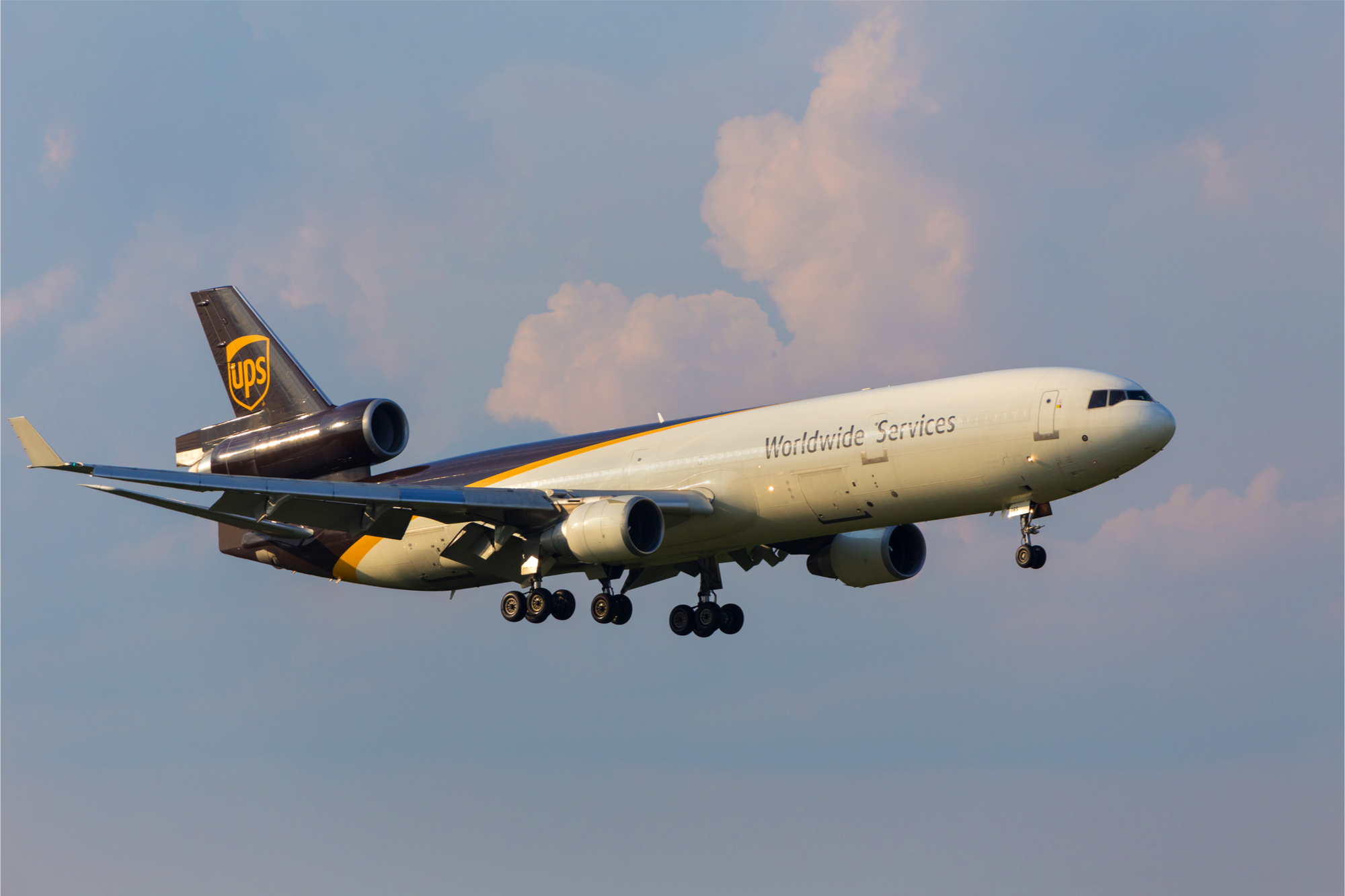When Disaster Strikes, This Corporate Funder Is Always On the Scene—Now With Drones
/damage from hurricane maria. photo: JEAN-FRANCOIS Manuel/shutterstock
In the weeks since hurricanes devastated parts of the southeastern United States and the Caribbean, we've been reminded once again of the need for the swift and efficient delivery of humanitarian aid. Unfortunately, the relief supply chain can be a nightmare in the wake of devastating natural disasters that bring with them the destruction of roads, power grids, and telecommunications infrastructure. Just ask the residents of Puerto Rico who are now hunting for clean water.
The UPS Foundation is one corporate funder that is unusually adept at navigating these obstacles and it's lately been displaying the unique assets it brings to disaster relief.
Just three days after Hurricane Harvey hit Texas and shortly before it made its way up the coast to Louisiana, UPS announced a more than $1 million pledge to support recovery efforts in both states. The pledge includes cash grants, transportation, and technical expertise. Funding is also being set aside for long-term recovery needs, a practice that the Center for Disaster Philanthropy has been strongly advocating, as we've recently reported.
Related: A Smarter Response: The Center for Disaster Philanthropy Looks to Leverage Donor Dollars
The UPS Foundation is not among the funders that needs to be persuaded to think about the lasting challenges that a disaster like Harvey can leave in its wake. It already get it. Foundation president Eduardo Martinez said that while it is crucial to get aid to those in need as quickly as possible, “setting aside funding and other resources for long-term recovery efforts is also important.” Martinez said the foundation was “laying the groundwork,” for anticipated long-term recovery efforts by working with FEMA, the American Red Cross, the Salvation Army, and other aid partners to assess those recovery needs in the coming months. The foundation is committing an additional $500,000 in cash grants and in-kind assistance toward the long-term recovery phase.
After Hurricane Irma tore through the Caribbean, Florida, Georgia, and South Carolina in early September, the UPS Foundation quickly stepped in to help once again. In addition to cash grants, the foundation is working with the American Red Cross and CyPhy Works on a drone pilot program to better assess the damage caused by such disasters.
UPS is no stranger to working with drones, in 2016 it partnered with Gavi, the Vaccine Alliance and the California-based robotics company Zipline to use of drones to deliver lifesaving supplies and medicines to remote regions around the world.
Then there was Maria.
Just 10 days after Irma all but spared the island of Puerto Rico, Maria made landfall as a Category 4 storm. In response to the widespread devastation, the UPS Airlines flew two of its Browntail air freighters onto the island delivering Meals Ready to Eat (MREs). Shortly thereafter, UPS announced its partnership with New York Governor Andrew Cuomo’s Empire State Relief and Recovery Effort to support the people of Puerto Rico by providing its freighter planes to transport supplies including 60 pallets of water, 60 pallets of emergency supply kits containing water purification tablets, water buckets, soap, toothpaste, and other basic supplies.The foundation also pledged another $1 million toward relief and recovery efforts, on top of its other hurricane-related giving.
Wrapping up this round of humanitarian aid, UPS Airlines—at the request of the International Federation of the Red Cross and Red Crescent Societies—has loaned out its freight planes to deliver tarps, hygiene kits, mosquito nets, liquid containers and shelter tool kits to the people of Cuba. Finally, in Mexico, the foundation is offering in-kind transportation of relief items, including shelters. It’s also providing logistical support to CENACED, a nonprofit, autonomous relief organization that helps “people of low economic resources, affected by catastrophes and its further epidemiological contingencies.”
The UPS Foundation is one of the world’s leading corporate funders when it comes to supporting humanitarian relief and response efforts in the U.S. and around the world. Offering its assistance in the wake of both man-made and natural disasters, the UPS Foundation often provides aid in many forms including cash grants, transportation, inventory-tracking software, and teams of technical experts who advise grantee organizations regarding the disbursement of food, medical supplies, and other necessary goods as efficiently and rapidly as possible.
Related:




